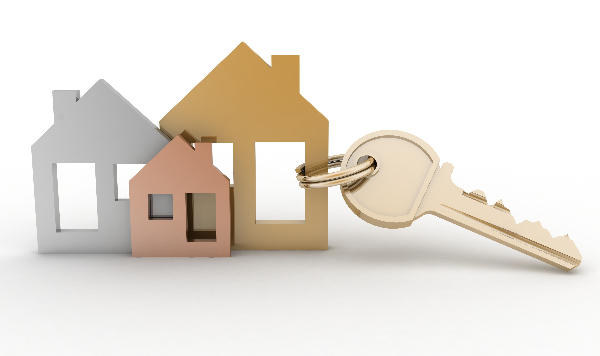In this article
Mortgage rates are the driving force behind the mortgage industry. They can be fascinating to monitor. They can also be very frustrating to home buyers. Getting the best mortgage rate for your home loan is all about good timing and strong financial health.

What Are Mortgage Rates?
When we say “mortgage rate,” what we are really talking about is the interest rate applied to your mortgage loan. Any time you borrow money for any purpose (student loan, car loan, credit card, etc.), you will be subject to paying interest. That’s how the lender makes money. As you pay off the principal of the loan (the actual loan amount), you will also make interest payments.
Mortgage loans generally have the interest payments weighted toward the front end of your loan term. If you get a standard 30-year fixed-rate home loan, you may be paying roughly the same monthly payment for all 30 years. However, the breakdown of the principal-to-interest ratio will change over that period. Your payments in the earliest years may be more interest than principal. As you near your final payoff for the loan, the payments will mostly be principal. If you are able to add extra to any mortgage payments, apply them toward the principal and it will benefit you in the long run.
How Are Mortgage Rates Determined?
Prevailing mortgage rates are affected by a number of economic factors. A healthy economy tends to have higher mortgage rates, while recessions often bring lower rates to help spark home buying activity during periods of economic recovery. The Federal Reserve plays a key part in setting consumer loan rates. Other factors like Treasury Bond Yields will also help dictate current mortgage interest rates.
These economic indicators will be critical in determining average mortgage rates throughout the United States. However, the rate you qualify for when applying for a mortgage loan will depend on a number of other factors. These include the type of mortgage loan, the length of the loan, the amount of the loan and your own financial situation.
If you are planning to buy a home or looking to refinance your current mortgage loan at a lower mortgage rate, here are the details that will affect your interest rate:
Current Mortgage Rates
The economy sets the proverbial “bar” for mortgage rates, in general. You and your lender can monitor the current rates and trends. The goal is to try and lock in the lowest possible rate when the timing is right. This is easier said than done, so it’s smart to have your finances in order and consult with an experienced mortgage lender or broker.
Type of Mortgage Loan
There are many different types of mortgage loans. You might not qualify for all of them, but each one may offer different mortgage rates. Ask your lender about conventional loans, FHA loans, VA loans and USDA loans. If you are buying a very expensive property that exceeds current conforming loan limits (CLLs), then you may have to seek a “jumbo loan,” which will likely come with a higher interest rate. There are also home refinance mortgage loans, which will be treated differently than new home loans because the lender will be able to use your home equity as leverage toward a better rate.
Mortgage Loan Amount
As you might expect, the amount of the mortgage loan will dictate the interest rate. The mortgage rates will generally go up the more you try to borrow.
Mortgage Loan Length
Mortgage loans are available with different payoff terms. There are 10-year, 15-year and 30-year options. Shorter loans will offer lower mortgage rates.
Fixed vs. Adjustable
Most mortgage loans these days feature fixed rates. This means you pay the same mortgage rate throughout the life of the loan. Some home loans are adjustable-rate mortgages (ARMs). Interest rates on ARMs will adjust annually based on prevailing mortgage rates. Your monthly payments may go down or up depending on outside economic indicators.
Down Payment
How much money you apply toward your mortgage loan down payment will also affect your interest rate. The more you are able to put down, the better rate you should get. A higher down payment (at least 20%) can also help you avoid mortgage insurance (PMI), which is an additional fee the lender will charge for higher-risk loans.
FICO Score
Your credit score can certainly affect your qualifying mortgage rate. Work on improving your credit rating if you are planning to buy or refinance.
Debt-to-Income Ratio (DTI)
Another key financial factor that can impact your mortgage interest rate is your debt-to-income ratio. Your DTI is your total monthly household income divided by your total monthly debt obligations (loans, credit cards, etc.). You want your DTI to be as low as possible to qualify for a great mortgage rate.
Mortgage rates are fickle and they are always changing. Getting the best rate for your home loan will depend on all of these factors above, as well as some good timing. Work to get your finances in order before you apply for a loan. Then, work with your lender to determine the right mortgage loan product and coordinate the timing of locking in the lowest possible mortgage interest rate.
If you have mortgage questions, Moreira Team | MortgageRight has your answers. Contact us today to get started with your new home loan or to ask about refinancing at today’s low rates.

